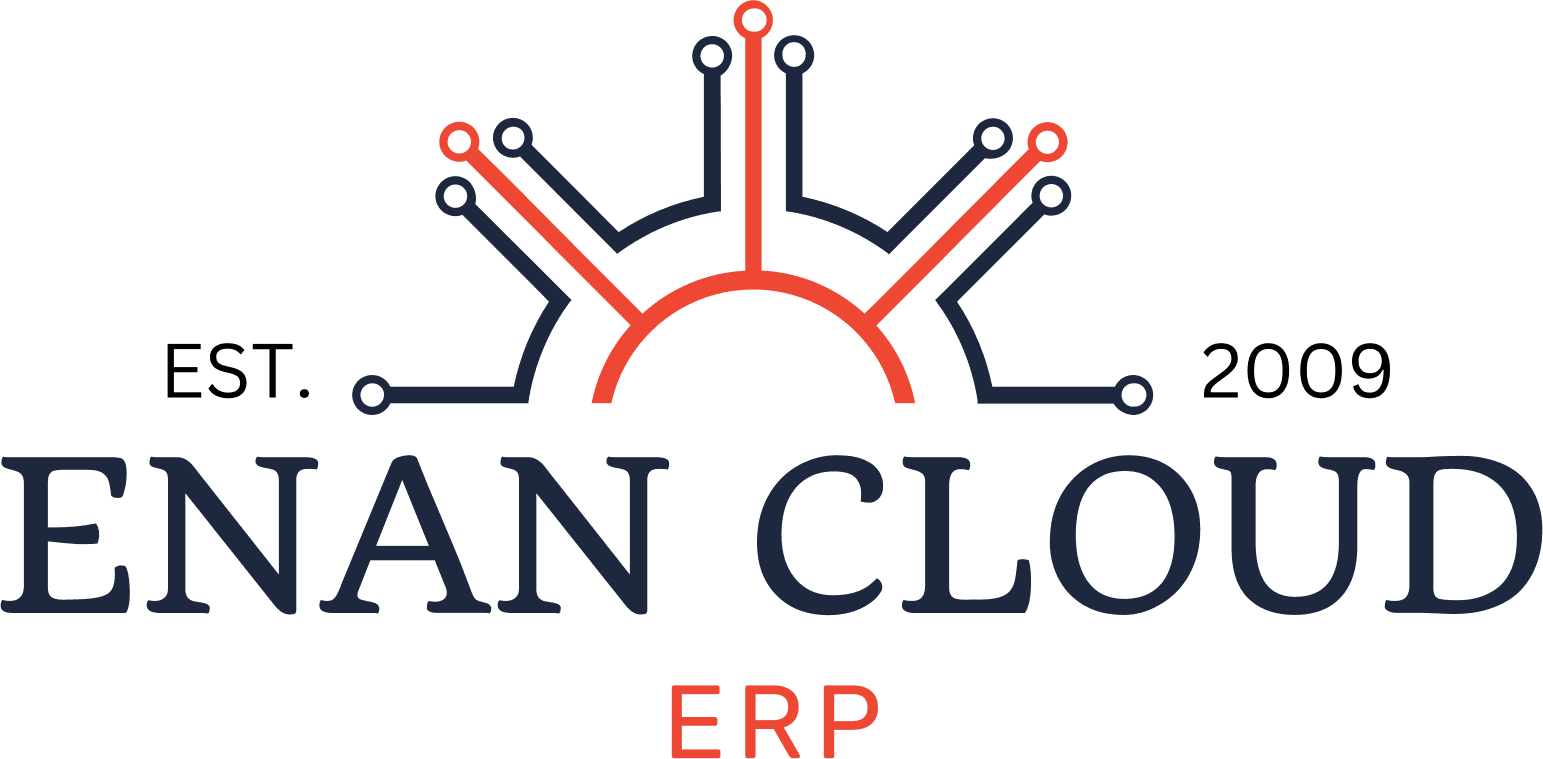12 Reasons Why Sales People Need CRM

Salespeople are often likened to the frontline warriors of any business.
They’re out there meeting clients, negotiating deals, and bringing in the revenue that keeps businesses thriving.
However, with the rise of digital tools and customer expectations, the traditional methods of sales management—think sticky notes, spreadsheets, and mental reminders—are no longer enough to stay ahead.
This is where Customer Relationship Management (CRM) systems come into play.
These tools act as the foundation of a salesperson’s arsenal, offering a streamlined way to manage customer interactions, track deals, and even predict future opportunities.
For Kenyan businesses, especially in competitive markets, having a CRM like Enan Cloud CRM ensures that sales teams aren’t just working harder—they’re working smarter.
Reasons Salespeople Need CRM
1. Centralized Customer Information
Imagine having all your customer data scattered across notebooks, emails, and random folders. Sounds chaotic, right?
A CRM system brings order to this chaos by creating a single repository for all customer information.
From contact details to previous interactions, everything is just a click away.
This centralization saves time and ensures salespeople are always prepared for client interactions.
2. Efficient Lead Management
Not all leads are created equal. Some are ready to buy today, while others might need weeks or months of nurturing.
A CRM helps categorize and prioritize leads based on their readiness to purchase.
Tools like lead scoring in Enan Cloud CRM let salespeople focus on high-potential opportunities, ensuring no time is wasted chasing cold leads.
3. Automation of Repetitive Tasks
Time is money in sales, and repetitive tasks like data entry, follow-up emails, and scheduling meetings can eat up valuable hours.
With automation features in CRMs, salespeople can offload these mundane tasks to the system.
For example, Enan Cloud CRM can send automated follow-ups after client meetings or reminders for upcoming calls.
4. Better Follow-Up and Scheduling
Have you ever forgotten to follow up with a potential client, only to realize it too late?
A CRM eliminates this risk by setting reminders and organizing schedules.
Salespeople can set up automated alerts for follow-ups, ensuring no lead slips through the cracks.
Enan Cloud CRM even allows syncing with calendars, so schedules are always updated.
5. Enhanced Collaboration Across Teams
Sales teams don’t work in isolation—they’re constantly interacting with marketing, customer support, and other departments.
A CRM fosters collaboration by providing a shared platform where everyone can access real-time updates about customers and deals.
This ensures a unified approach to serving customers and closing sales.
6. Improved Sales Forecasting
Sales forecasting is like looking into the crystal ball of your business’s future.
A CRM makes this easier by analyzing historical data and current trends to provide accurate sales forecasts.
Managers can use these insights to set realistic targets, allocate resources effectively, and plan for growth.
7. Real-Time Access to Data
Picture this: A salesperson is on their way to a meeting and needs to quickly check a client’s purchase history.
With mobile-friendly CRMs like Enan Cloud CRM, this data is readily available on their phone.
This real-time access ensures salespeople are always informed, no matter where they are.
8. Streamlined Proposal Management
Crafting proposals can be tedious, especially when dealing with complex sales.
A CRM simplifies this process by offering templates, tracking the status of proposals, and even allowing collaboration with team members.
This ensures proposals are consistent, professional, and delivered on time.
9. Boosted Productivity and Efficiency
A CRM isn’t just a tool—it’s like having an extra team member dedicated to keeping salespeople organized and efficient.
By reducing time spent on manual tasks and providing actionable insights, CRMs allow sales teams to focus on closing deals and building relationships.
10. Enhanced Customer Insights
In sales, knowledge is power. CRMs provide in-depth insights into customer behavior, preferences, and buying patterns.
These insights enable salespeople to tailor their pitches and build stronger, more meaningful relationships with clients.
For example, a CRM might reveal that a client consistently purchases certain products every six months, giving salespeople the perfect opportunity to offer complementary items or services.
11. Seamless Integration with Other Tools
Sales doesn’t operate in a vacuum—it interacts with various other business functions.
CRMs like Enan Cloud CRM integrate seamlessly with tools like email platforms, project management systems, and invoicing software.
This ensures that all systems work together, creating a cohesive workflow.
12. Scalable Solutions for Growing Businesses
As businesses grow, their needs evolve.
A CRM system like Enan Cloud CRM scales effortlessly, accommodating additional users, projects, and advanced features.
This scalability ensures businesses don’t outgrow their tools, allowing them to maintain continuity even as they expand.
Why Choose Enan Cloud CRM?
If you’re looking for a CRM that delivers all these benefits and more, Enan Cloud CRM is the ideal solution for Kenyan businesses.
Here’s why:
- Tailored Features for Sales Teams: From lead tracking to real-time reporting, our platform is designed to meet the unique needs of sales teams.
- Affordable Pricing Plans: We offer solutions that fit the budgets of startups, small businesses, and large enterprises alike.
- Ease of Use: Our intuitive interface ensures that your team can adopt the CRM quickly, with minimal training.
- Local Expertise: As a Kenyan-based provider, we understand the specific challenges businesses face here, and we’re always ready to support you.
Want to see how it works? Schedule a demo with Enan Cloud CRM today and take your sales team to the next level.
Common CRM Mistakes Sales Teams Should Avoid
1. Not Using the CRM Regularly
A CRM is only as good as the data it contains. Salespeople must use it consistently to track updates and interactions.
2. Overcomplicating Processes
While CRMs offer advanced features, it’s essential to keep workflows simple and focused on the team’s goals.
3. Neglecting Training
Introducing a CRM without proper training can lead to low adoption rates. Ensure your team understands how to leverage the system’s full potential.
Conclusion
Sales is a demanding field, but the right tools can make all the difference.
A CRM system empowers salespeople to stay organized, work efficiently, and build lasting customer relationships. From automating repetitive tasks to providing actionable insights, CRMs are the secret to sales success.
Enan Cloud CRM offers a powerful, user-friendly, and scalable platform tailored to the needs of sales teams in Kenya.
Whether you’re a small business or a growing enterprise, our CRM is here to help you close more deals and achieve your goals.
Take the next step toward smarter selling. Contact Enan Cloud CRM today to learn how we can transform your sales process!
FAQs
- What is a CRM system for sales?
A CRM system helps sales teams manage customer relationships, track leads, and automate tasks to improve efficiency and performance. - How does a CRM improve sales?
CRMs provide tools for lead tracking, scheduling follow-ups, automating tasks, and analyzing sales data, helping sales teams close more deals faster. - What makes Enan Cloud CRM different?
Enan Cloud CRM offers affordable, scalable, and easy-to-use solutions tailored to Kenyan businesses, with dedicated local support. - Is Enan Cloud CRM suitable for small sales teams?
Yes, it’s designed to scale and provides features that cater to businesses of all sizes, including startups. - How do I get started with Enan Cloud CRM?
Visit www.enancloud.com to schedule a demo and explore how our CRM can benefit your business.




